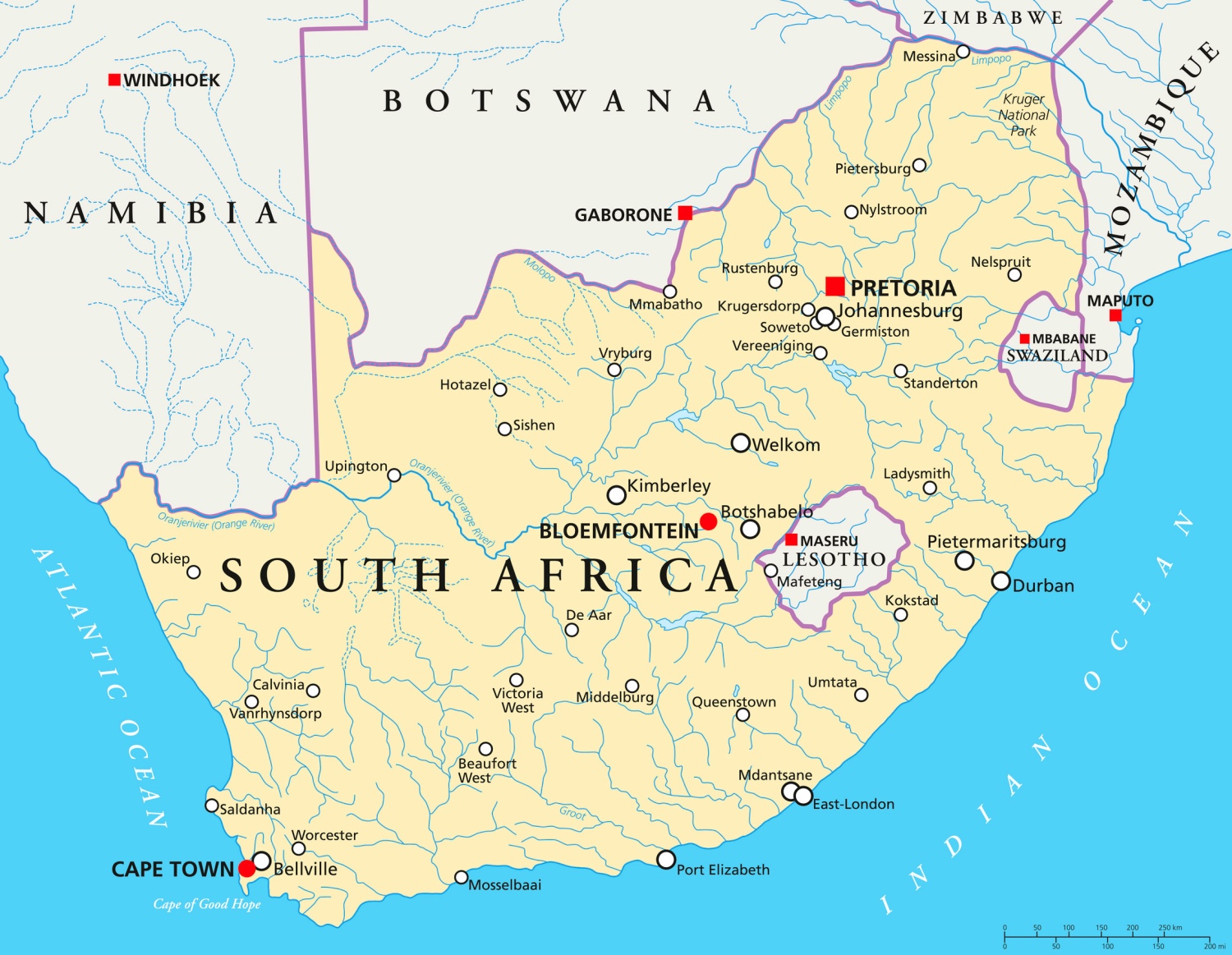(3 minutes read)
Voters in the southern African kingdom of Lesotho cast their ballots in parliamentary elections yesterday (Friday). The mountainous country sharing borders with South Africa in the past had a string of coalitions, which could not provide stable governance.
About 1.5 million people were registered to vote. Only 47 percent of registered voters had cast their ballot at the last elections in 2017. The outgoing government is led by the All Basotho Convention (ABC). But current Prime Minister Moeketsi Majoro is not seeking another term, after being ousted as party head earlier this year. His predecessor Thomas Thabane was forced to step down in 2020, after being accused of ordering the murder of his estranged wife. Charges against him were dropped in July. More than 50 parties are in the running for the post of president.
Predictions put that no one is expected to win outright. The outgoing parliament failed to pass a law aimed at strengthening political stability, by banning lawmakers from switching party allegiance within the first three years of their tenure. The 120-seat parliament is chosen by a mixed electoral system — 80 lawmakers are voted in by constituents, while another 40 seats are distributed proportionally as reported by www.trendsnafrica.com earlier.
Lesotho’s King Letsie III presides over a constitutional monarchy but has virtually no political power. Whichever party wins enough representatives in Lesotho’s 120-seat National Assembly to form a government will select the new prime minister. With so many parties contesting the election, a coalition is very likely, say experts.
Read Also:
https://trendsnafrica.com/lesotho-to-the-polls-for-electing-a-new-government/
https://trendsnafrica.com/germany-extends-humanitarian-help-to-lesotho/
https://trendsnafrica.com/lesotho-to-sign-a-new-tax-treaty-with-mauritius/
The new government will have to implement wide-ranging reforms in the judiciary, parliament, and media. These reforms were recommended by the 16-nation Southern Africa Development Community (SADC) to end chronic political instability.





